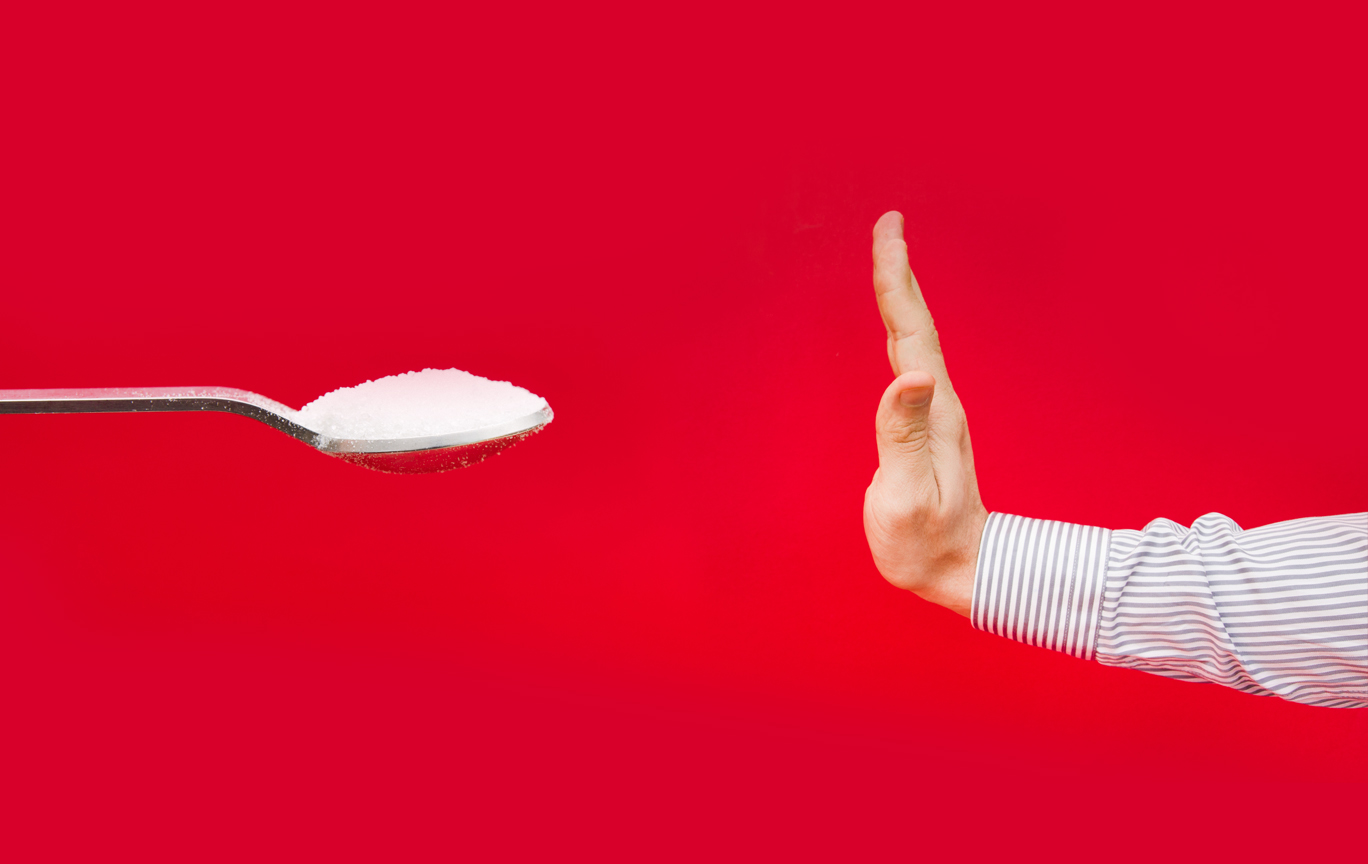
We all know that excess sugar consumption leads to health problems like obesity, diabetes and other lifestyle diseases. While we tend to control our direct sugar intake, sometimes we unknowingly consume sugar that is added to foods that don’t even taste sweet like breads, condiments, and sauces. Also, it becomes difficult to avoid those added sugar found in processed food. A little attention to what we eat and drink can help us control our sugar intake. Here are few ways to slash sugar from your diet.
Read Food Labels
While buying things like tomato sauce, crackers, or any condiments check the ingredients list. If they have words “corn syrup”, “fruit juice concentrate”, “cane sugar”, “brown sugar”, “raw sugar” or “high-fructose corn syrup” molasses, it means that the product is high in sugar. So next time you go to buy your favourite flavoured yoghurt or cereal, make sure you check out on these names. Your seemingly healthy food might not be so healthy in reality.
Cut Down on Raw Sugar
Cutting off sugar from food and beverages like tea and coffee is the best way to reduce sugar intake. Cut back on processed foods which are typically laden with added sugar. Keep sugary snacks away. Cut back on sodas and soft drinks. Go for unsweetened, whole-grain cereals. Don’t substitute artificial sweeteners for sugar. All sugars are sugars. Brown or raw sugar isn’t any healthier than others.
Eat Regularly
Eat three meals and two snacks or five small meals a day. For many people, if they don’t eat regularly, their blood sugar levels drop, they feel hungry and are more likely to crave sweet sugary snacks.
Adjust Serving Sizes
Your serving sizes are a huge key too. Instead of a whole cookie, eat half. Eat a quarter of a cookie and savour it. You will be surprised at how quickly your body will adjust.
Opt for Fresh Fruits
Canned fruits are packed with a high amount of corn syrup or fructose that are essentially, different forms of sugar. Simply eat fresh and season fruits to remove such unwanted sugars from your diet. Similarly, fruit juices sold in the packaged format contain unnecessary sugar. Either have a whole fruit with all its fibres or squeeze-out fresh juice.
Get Enough Sleep
Sometimes when we are tired we often use sugar for energy to counteract the exhaustion. Excessive craving for sugar might be a sign of emotional need that isn’t being met.
Ideal Substitutes
Instead of adding sugar in recipes, use extracts such as almond, vanilla, orange or lemon. You can also enhance the taste by adding spices like ginger, allspice, cinnamon or nutmeg. Substitute unsweetened applesauce for sugar in recipes. Drink lots of water as it reduces sugar cravings or have a piece of fruit when you have a sweet craving. Cravings are generally short-lived so if you can divert your mind then you are sure to overcome it. Try going for walks.
WHO Guidelines
WHO’s current recommendation, is that sugars should make up less than 10% of total energy intake per day. Five per cent of total energy intake is equivalent to around 25 grams (around 6tsp) of sugar per day for an adult of normal Body Mass Index (BMI). The suggested limits on intake apply to all monosaccharides (such as glucose, fructose) and disaccharides (such as sucrose or table sugar) that are added to food by the manufacturer, the cook or the consumer, as well as sugars that are naturally present in honey, syrups, fruit juices and fruit concentrates.
Much of the sugars consumed today are “hidden” in processed foods that are not usually seen as sweets. For example, 1tbsp of ketchup contains around 1tsp of sugars. A single can of sweetened soda contains up to 40g of sugar.